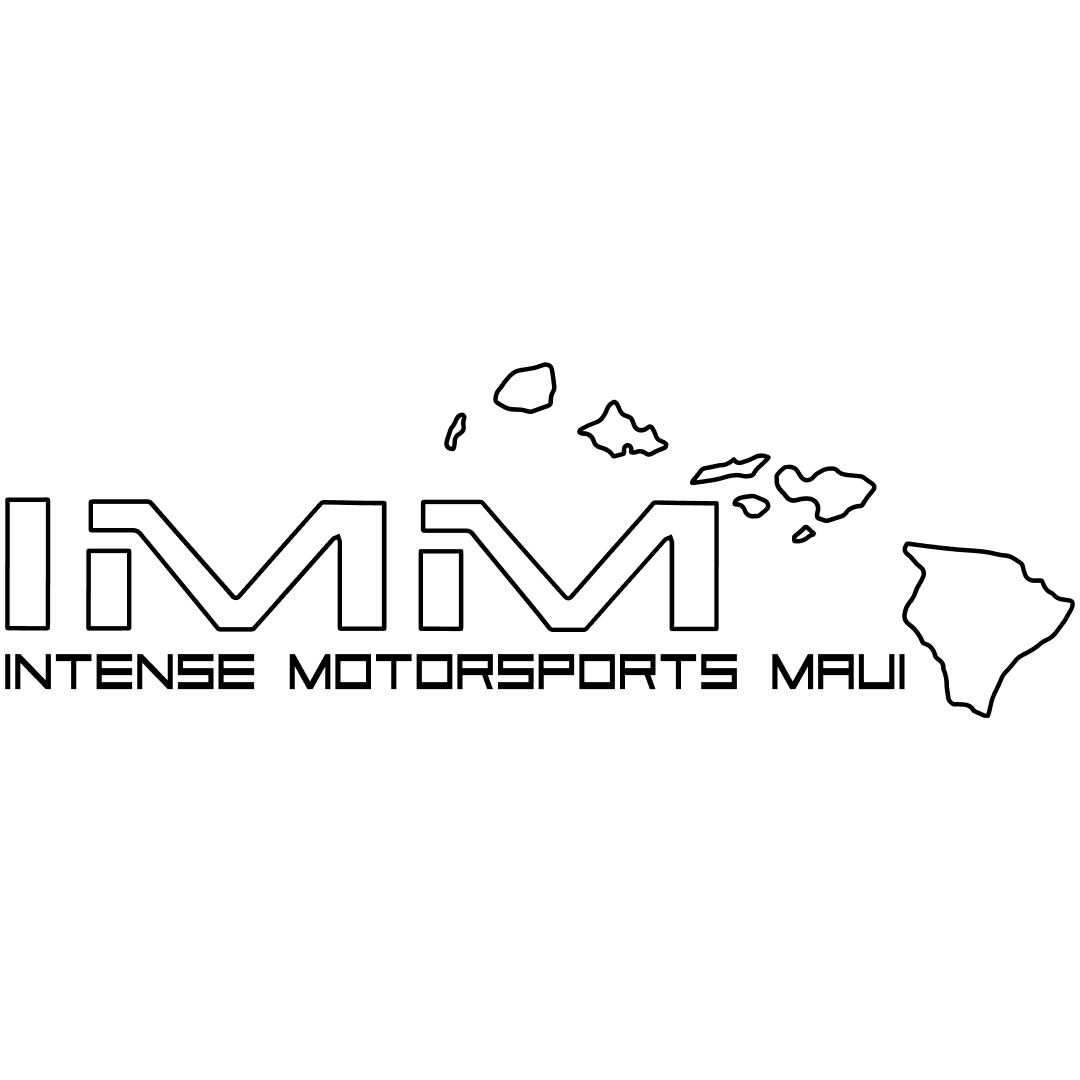In the world of marketing, Hawaii presents a unique paradox. It's a coveted market for businesses seeking to associate with the islands' aspirational lifestyle, yet it remains one of the most challenging environments for authentic brand connection. Traditional mainland marketing tactics often fall flat, even when executed by seasoned professionals. Why?
The answer lies not in demographics or spending habits, but in a deeper cultural concept that underpins Hawaiian values: kuleana.
This article introduces Kuleana Marketing – a revolutionary framework that recognizes marketing as more than transactional communication. In Hawaii, marketing is a demonstration of values, a commitment to reciprocity, and a responsibility to contribute positively to the community you seek to serve.



The Failure of Mainland Marketing in Paradise
Mainland marketing strategies are built on universal principles: identify a target audience, create compelling messaging, deploy across channels, measure ROI. These tactics work effectively in homogeneous markets where cultural identity is secondary to consumer behavior.
Hawaii is different. Here, cultural identity isn't just important – it's foundational. Locals can instantly identify when a brand doesn't "get it." They recognize when marketing feels extractive rather than contributive, when a campaign appropriates rather than honors, when a business sees Hawaii as a market to be conquered rather than a community to be respected.
Examples of Misaligned Marketing:
- Using Hawaiian words incorrectly or without understanding their meaning
- Promoting "authentic Hawaiian experiences" without involving Native Hawaiian businesses
- Ignoring local issues while expecting local support
- Positioning Hawaii as an escape rather than acknowledging its complex reality
These missteps aren't just ineffective – they're harmful. They perpetuate colonial narratives, disrespect Native Hawaiian culture, and contribute to the commodification of Hawaiian identity.


Introducing Kuleana Marketing
Kuleana Marketing flips the traditional model on its head. Instead of asking "How can we sell more to Hawaii?" it asks "What is our responsibility to Hawaii?" This shift transforms marketing from a tool of persuasion into a practice of accountability.
Core Principles of Kuleana Marketing:
1. Reciprocity Over Extraction
Every marketing dollar spent in Hawaii should contribute to the community's wellbeing. This means partnering with local businesses, supporting Native Hawaiian causes, and ensuring that economic benefits flow both ways.
2. Cultural Stewardship
Brands must approach Hawaiian culture with reverence, not appropriation. This includes proper pronunciation, accurate representation, and meaningful partnerships with cultural practitioners.
3. Community Integration
Successful businesses in Hawaii don't just operate here – they belong here. They participate in community events, support local initiatives, and demonstrate genuine commitment to the islands' future.
4. Environmental Responsibility
Marketing messages must align with Hawaii's environmental values. Greenwashing is easily detected and harshly criticized by locals who understand the real challenges facing the islands.
Implementing Kuleana Marketing: A Practical Framework
Transitioning to Kuleana Marketing requires a fundamental shift in mindset and approach:
Phase 1: Cultural Audit
Examine current practices through a kuleana lens. Where are you extracting value without contributing? Where might your messaging inadvertently disrespect local values?
Phase 2: Community Connection
Identify genuine ways to contribute to the communities you serve. This isn't charity – it's recognizing that community health directly impacts business success.
Phase 3: Partnership Development
Build authentic relationships with Native Hawaiian organizations, local businesses, and cultural practitioners. These partnerships should be mutually beneficial and long-term.
Phase 4: Value Integration
Embed kuleana principles into every aspect of your marketing – from messaging to media buying to campaign execution.



The Path Forward
Kuleana Marketing isn't just a new approach – it's a necessary evolution. As Hawaii faces increasing pressures from tourism, development, and climate change, businesses have an opportunity to be part of the solution rather than contributors to the problem.
This framework challenges brands to move beyond transactional relationships with Hawaii's market. It demands authenticity, accountability, and genuine commitment to the islands' wellbeing.
For those seeking to truly embody these principles, partnering with a genuine Hawaii Marketing Agency that understands these nuances is the first and most critical step.